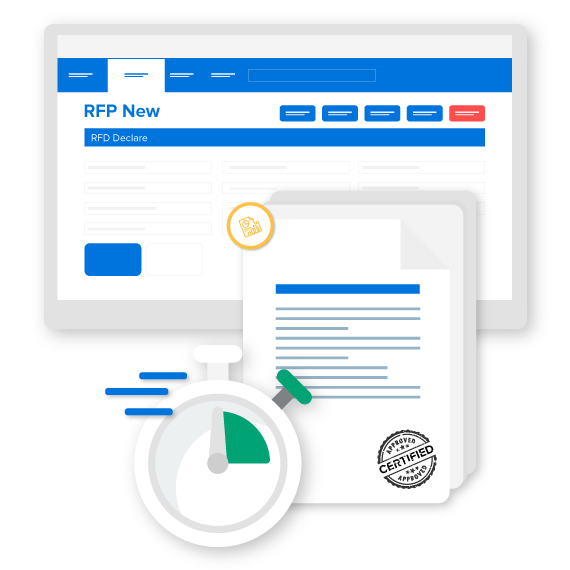
20 Dec
What is a Request for Permit?
A request for permit is an electronic form you must submit to the Department of Agriculture before exports. It contains the following information: importing country, date of slaughter or production, product codes, product description, and freezing dates.
What are Health certificates?
The health certificate is a document that contains information about the producer, their facilities, and their products. Many countries require it to import certain products into their country, including fruit and vegetables. You can electronically generate this certificate form by using the EXDOC system if you want to export your products.
What are Phytosanitary Certificates?
It is a report from your company on any pests or diseases found in your facility or product. The certificate includes details about whether your facility or products are free from diseases to prevent them from spreading. Some countries require a phytosanitary certificate to export the products from some countries overseas.
Is there a difference between health certificates and phytosanitary certificates?
The short answer is: yes.
These certificates are two distinct things. One is about the health of plants, and the other is about their safe transport. You can apply for a health certificate at any time. Still, it would help if you waited until an inspection had cleared your product before applying for a phytosanitary certificate.
What do they mean in practical terms? Let’s say you have a broccoli shipment to your customers in Australia. The local regular will inspect the broccoli to determine that it’s perfectly safe to eat. But now they need to ensure that you can ship it across the borders without any problems at customs checkpoints. That’s when you need to get a phytosanitary certificate!
If you’re planning to import/export goods, you’ll need to ensure that your products are safe from pests and diseases. You can get a health certificate from the government. It is a statement that says your goods are free of pests and diseases. If you’re importing, the government will also issue phytosanitary certificates confirming that your products are free of harmful substances.
Phytosanitary certificates are a necessary part of importing and exporting plants between countries
There are two types of phytosanitary certificates, one for plant health and one for plant pests. The main difference is that one is to verify that the plant will be safe. However, another is to confirm that there are no pests or diseases on the plant that are being exported/imported.
You must be wondering about the role of a phytosanitary certificate.
It is to protect Australian plants and plant-based products from more than 200 quarantine pests that have destroyed countless crops. In simpler terms, this certificate ensures that your export is free from harmful insects and fungal diseases. They are most likely to infest or destroy other crops grown in Australia.
For export, you will nearly always need to produce phytosanitary/health certificates specific to the export destination. Australian Biosecurity control requires these certificates for a commodity to be released. So, it is essential to start planning three months of expiry!
As you continue your research, please keep in mind the information outlined above, which should help expedite exporting agro commodities. As you work through each step and gather relevant information, remember that the time invested now will help grow. We hope this blog has been informative to you. If there is anything we can assist you with further down the road, please let us know. We are here to help make this process as seamless as possible. Goodbye!


